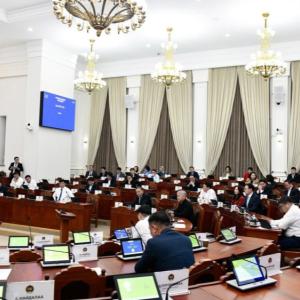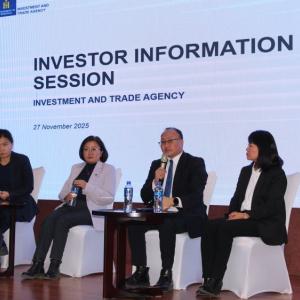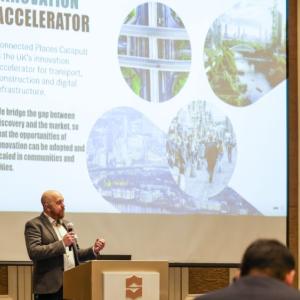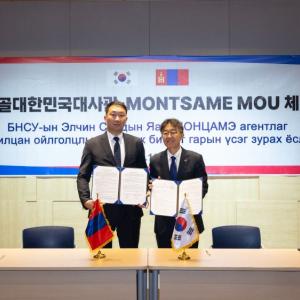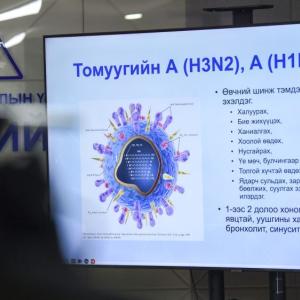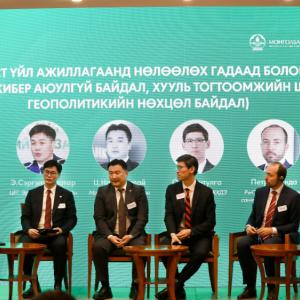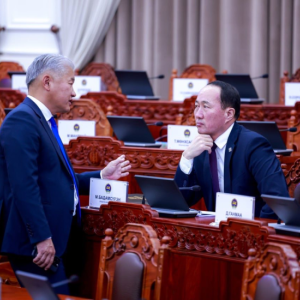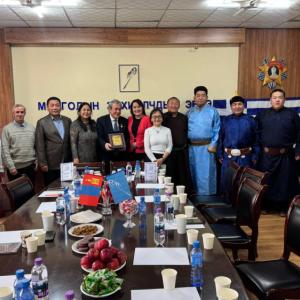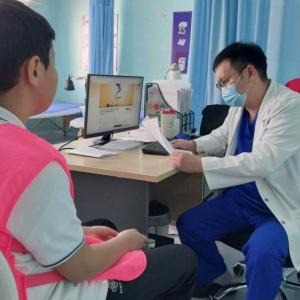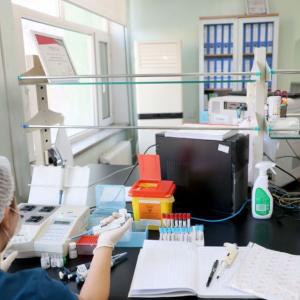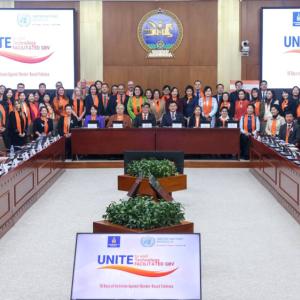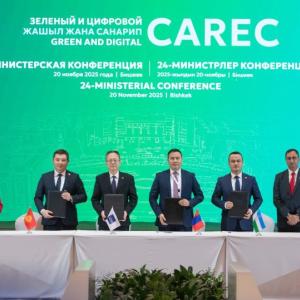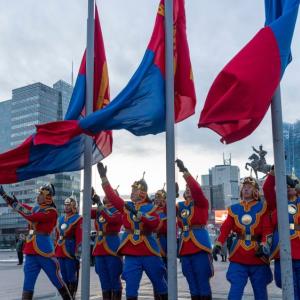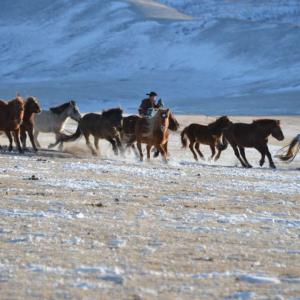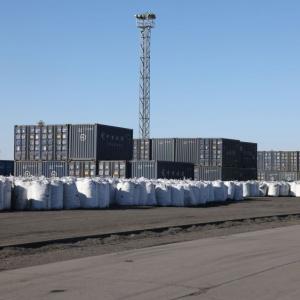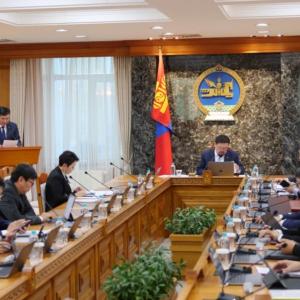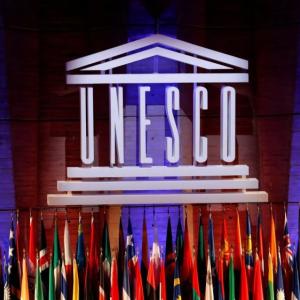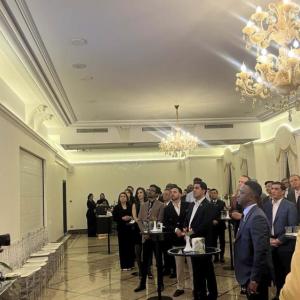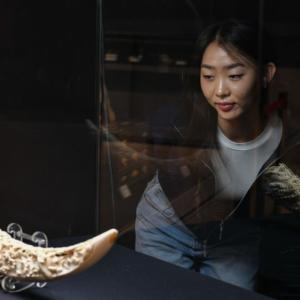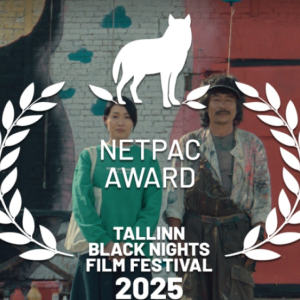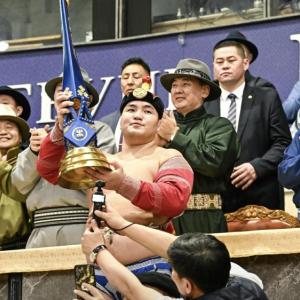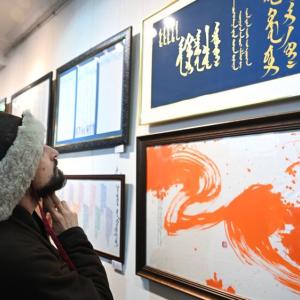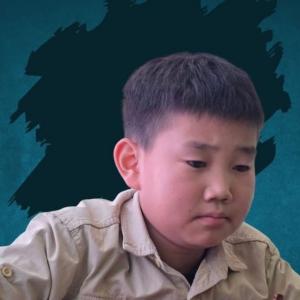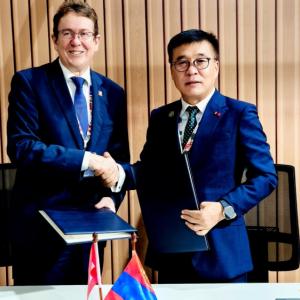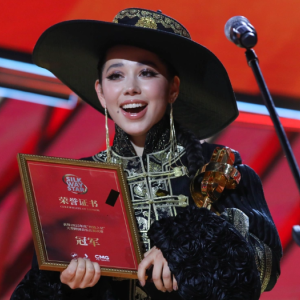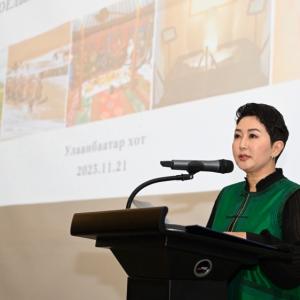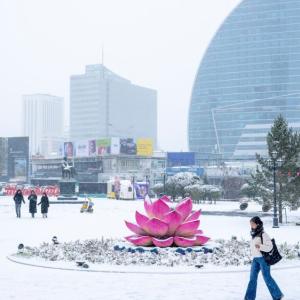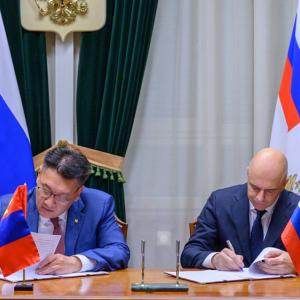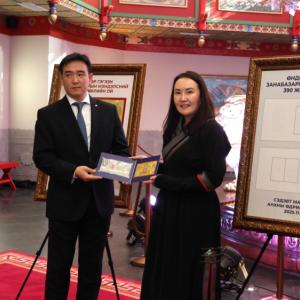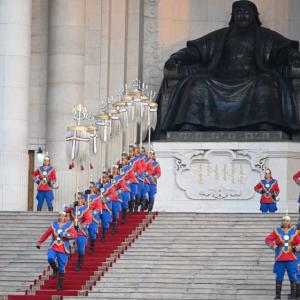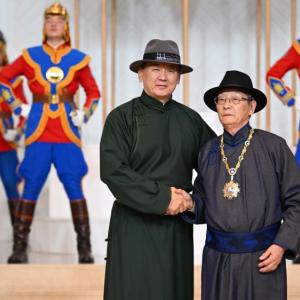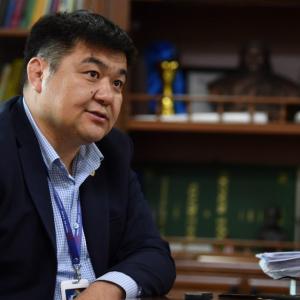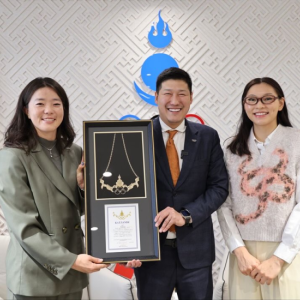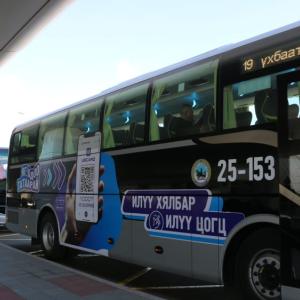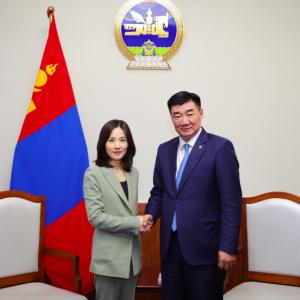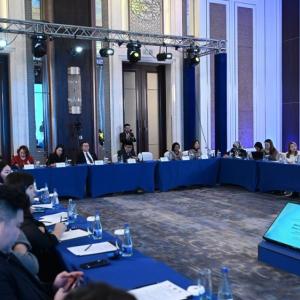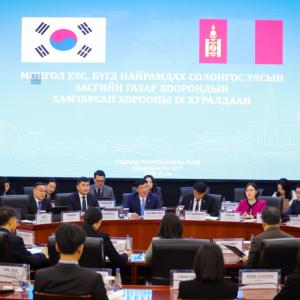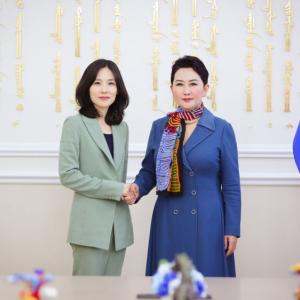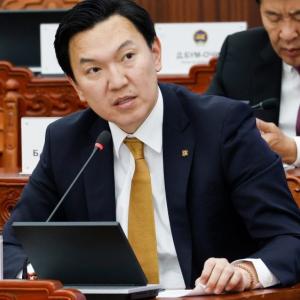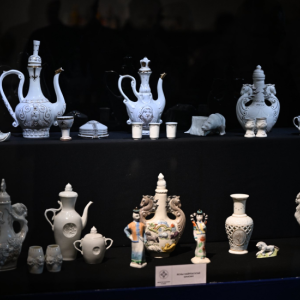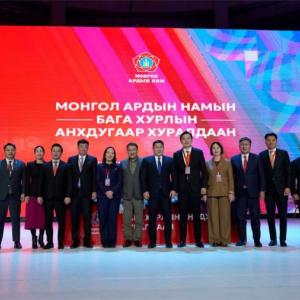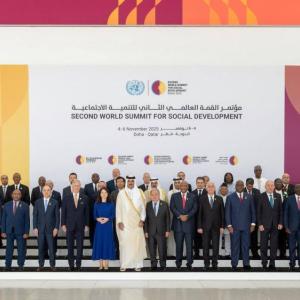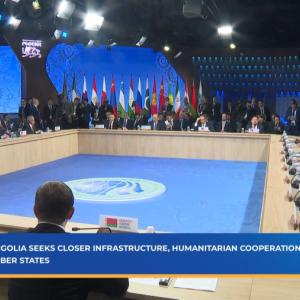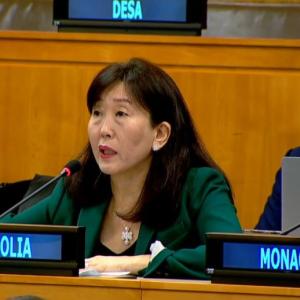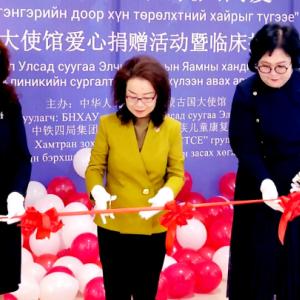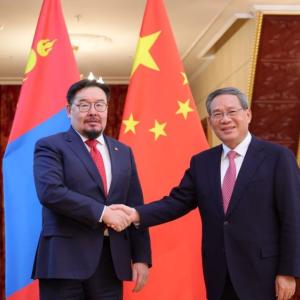Open Enrollment announced for online courses of Mongolia Field School 2021
Society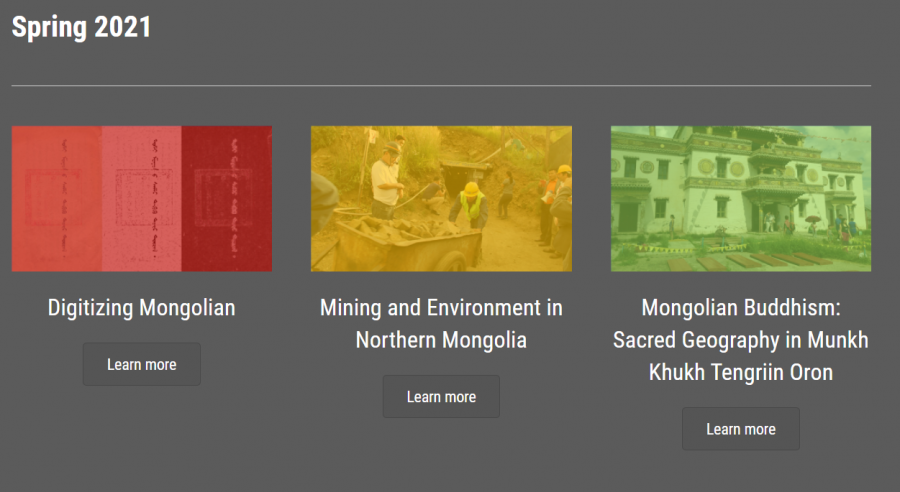
Ulaanbaatar /MONTSAME/. Due to travel restrictions that prevent Field School courses in Mongolia, the American Center for Mongolian Studies is developing a new offering, the ACMS Online Mongolian Studies courses, that will be available to all interested persons starting in Spring 2021.
The courses will be taught in English, and through the generous support of the Henry Luce Foundation will be free for all participants. The program includes 7 courses by U.S. and Mongolian instructors from Spring to Fall of 2021, and as of now, the Session 1 courses are accepting new enrollments.
The Online Field School is open to everyone, and will provide opportunities to learn about Mongolia from different disciplinary perspectives, including digital humanities, geology, environmental studies, Buddhism, journalism, climate change, public health, literature, and renewable energy.
The seven courses offered across three sessions are:
Session 1:
- Digitizing Mongolian | Mar 10 – Apr 28
- Mining and Environment in Northern Mongolia | Apr 5 – May 31
- Mongolian Buddhism: Sacred Geography in Munkh Khukh Tengriin Oron | June 7 – 21
Coming Summer/Fall 2021 (Dates TBD):
Visual Storytelling,
Climate Change and Herding in Three Mongolian Eco-zones,
Literature and Twentieth Century’s History,
Renewable Energy.
All courses are open to participants of any nationality and background. Interested applicants can sign up on the ACMS website to enroll directly for the courses. The courses will release new modules every week on designated days through live-streamed lectures, synchronous discussions, and other interactive content on the ACMS website.
Digitizing Mongolian with Marissa Smith (PhD) March 10 – April 28
This eight-session course will promote international interest in and development of the digitization and use of Mongolian language sources by practitioners and researchers in a range of fields and sectors, strengthening participants’ skills in fields of data science, digital humanities, and Mongolian language and culture. The course format will include presentations by participants and guest experts as well as introductions to the Mongolian script and the histories and cultures of information in Mongolia, group sessions in which participants read texts from a range of times, places, and communities together, and discussions of applications of this knowledge. At the end of the course, participants can expect to be able to read texts in the Mongolian script, have knowledge about online as well as physical repositories of texts in the Mongolian script, and be part of an interdisciplinary and multi-sector network of practitioners using texts in the Mongolian script.
Mining and Environment in Northern Mongolia with Bayasgalan Gantulga (PhD) April 5 – May 31
This course focuses on the human-environment relations through the context of mining activities in the northern regions of Mongolia. Furthermore, it will introduce the historical background and current situation of the mining industry in Mongolia and its impact on the Mongolian economy. The course will discuss environmental concerns related to the mining activities and following social consequences to the local community. Participants will evaluate the possible solutions to provide sustainability in the future to the industry and measures to mitigate the impact to the environment.
Mongolian Buddhism: Sacred Geography in Munkh Khukh Tengriin Oron with Betsy Quammen (PhD) and Rebecca Watters. June 7 – 21.
This is a survey course for people interested in geographically situated Mongolian Buddhism and its unique syncretism with local and cosmopolitan entities –from sacred mountains to Karakorum to the Gobi Desert. We will look at the history of Buddhism in Mongolia, focusing primarily on the 1930s religious purges and Buddhism’s return after the fall of the Socialist regime in 1990. The course will also feature monastic leaders involved in the re-emergence of Buddhism who will discuss how it survived under socialism, how it was reestablished, and what it looks like today.
American Center for Mongolian Studies
 Ulaanbaatar
Ulaanbaatar








